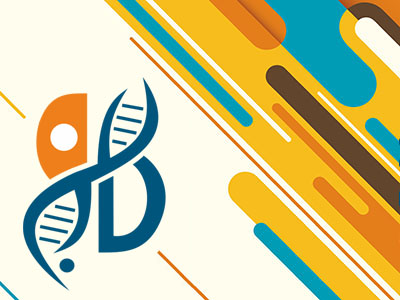Hormonal Regulation of metabolism

Theory: 2 hours/week | ECTS Units: 4
Content – Aim of the course
Hormones are key regulatory molecules that control a variety of biological activities, such as metabolism, growth and reproduction. They control the metabolism of basic biomolecules such as proteins, carbohydrates and lipids. They are the main regulators of metabolism both at the cellular level and at the organ level, ensuring the harmonious regulation of body’s metabolism and physiology in general. They are classified into different categories depending on their chemical nature, the organs of the endocrine system that produce them, the type of their respective receptors and the distance they travel in order to perform their action. The synthesis and secretion of hormones are subject to fine regulation mechanisms. Disruption of synthesis, secretion and mechanisms of action of hormones cause severe metabolic disorders leading to chronic conditions, such as diabetes mellitus and obesity, developmental and reproductive disorders.
The course aims at understanding the mechanisms of synthesis, secretion and action of key hormones that control metabolism and growth. The ultimate goal is to understand the mechanisms of integration of metabolism through the action of hormones. For a better understanding of the above, examples of metabolic disorders associated with disorders in the secretion and action of hormones are shown.
Analytical Description of the Course
- Introduction
- Basic concepts of metabolism
- The endocrine system
- Action of hormones on a molecular level
- Synthesis and secretion of hormones
- Hypothalamic pituitary hormones and their role in regulating metabolism
- Adrenal hormones and their role in regulating metabolism
- Thyroid hormones and their role in regulating metabolism
- Reproductive hormones – biological actions
- Pancreatic and gastrointestinal hormones and their role in regulating metabolism
- Endocrine system hormones – integration of metabolism
- Examples of Hormonal Metabolic Disorders
Assessment
Students are evaluated based on their performance at a written exam (60%) at the end of the semester and on their performance in the preparation and presentation of a work assigned to them (40%).
Reading Suggestions
- Biochemistry, Berg J.M., Tymoczko J.L., Gatto G.J., Stryer L., 7thedition.
- Essential Endocrinology, Brook C.G.D., Marshall N.J., 2004.
Teaching Material / E-class
Lecturer

Anna-Maria Psarra (Course Coordinator)





